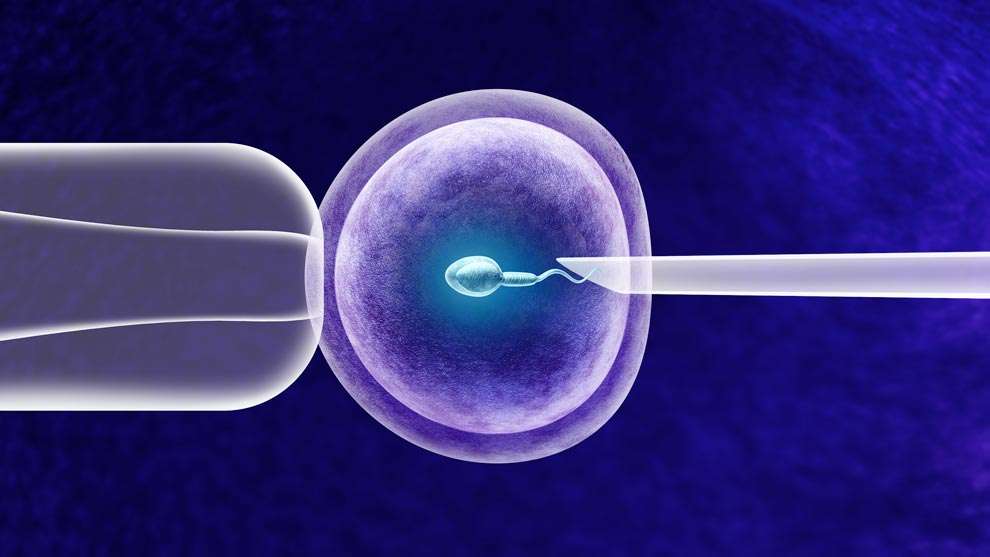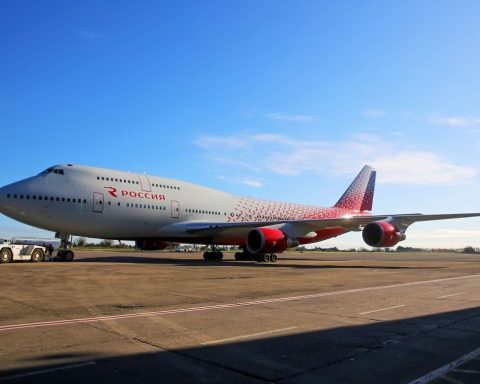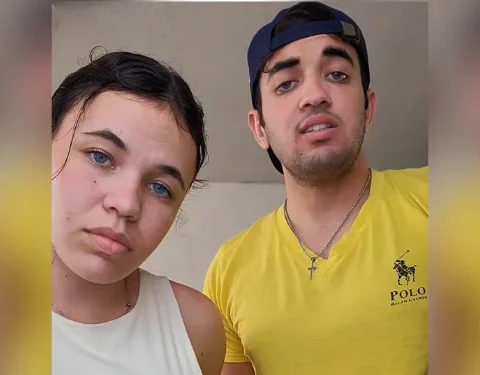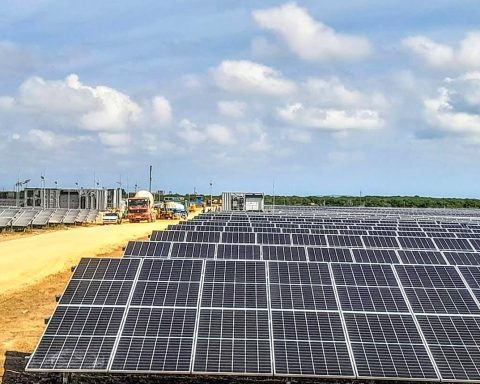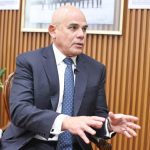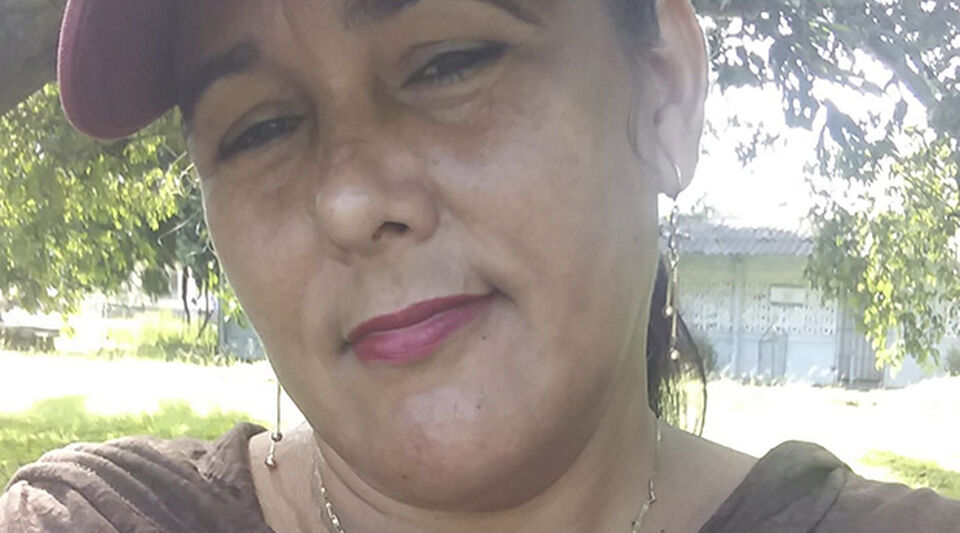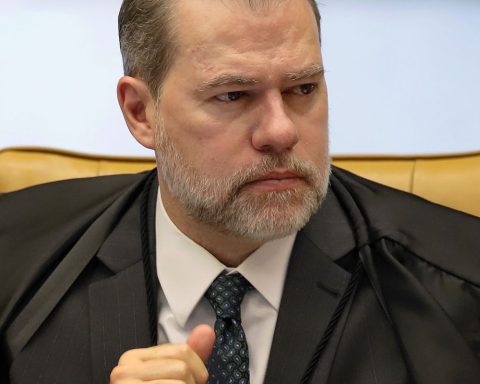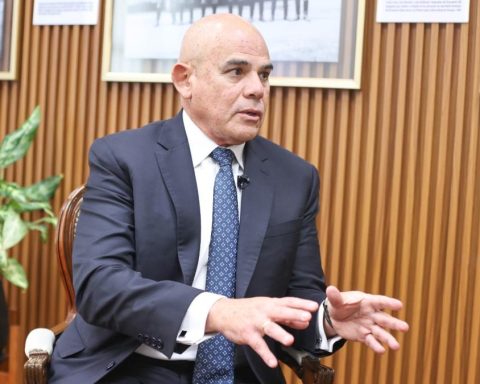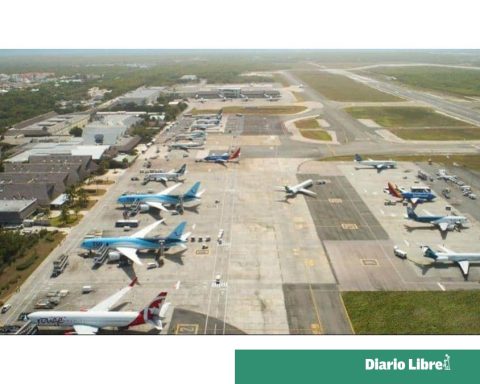The «Regulation for assisted reproduction in human beings» issued by the Ministry of Public Health (MINSAP) through its Ministerial Resolution No. 1151/2022entered into force this Friday with its publication in the Official Gazette No. 67 of the Republic of Cuba, according to official media on the Island.
The standard is a complementary document to the recently approved Family Codeand establishes the principles and organization of this activity in the Cuban National Health System (SNS).
✍️ In the Official Gazette No. 67 of the Republic of Cuba ??, Ministerial Resolution No. 1151/2022 is published: Regulation for assisted reproduction in human beings, as a complementary document to the recently approved Family Code.
? https://t.co/USdGXwCa5G pic.twitter.com/MuixsdcjWQ
— Cuban Ministry of Public Health (@MINSAPCuba) October 29, 2022
It also defines the requirements to enable and certify the centers, services, gamete and embryo banks that are required to attend to these processes at the different levels of the SNS, in accordance with a note published by the Cubadebate website.
In one of its articles, the new regulations establish that the performance of assisted reproduction techniques in human beings “is based on the values of dignity and humanism and is governed by the principles of equality and non-discrimination, fairness, autonomy of will, protection maternity and paternity, justice and solidarity.”
In this sense, the resolution issued by the MINSAP dedicates its Third Section to everything related to solidarity gestation. This issue generated great controversy in the process of discussion and design of the new Family Code, the only one of the laws emanating from the Constitution of the Republic of Cuba approved in 2019 that was taken to a popular referendum.
In addition to establishing the methods to carry out a pregnancy in solidarity, the MINSAP regulations indicate in its Article 21 that women who for a medical reason prevent pregnancy, members of homoaffective male couples and single men could benefit from this process.
On this matter, Dr. Ana María Álvarez-Tabío Albo, full professor at the Faculty of Law of the University of Havana, had advanced to the media that what is new in the Family Code and in the new regulation «is legal protection, because the technique as such was used, both in heterosexual, homoaffective, reconstituted families or single people. Techniques do not distinguish for whom they are intended”.
“It is now about recognizing the rights that we all voted for in 2019 in our Constitution, of equality and non-discrimination. It is discriminatory to prevent a person from having access to maternity or paternity due to their infertility, natural impossibility of having it and because of their sexual orientation. That is unthinkable in light of our Constitution,” the expert added at the time.
For her part, Dr. Miladys Orraca Castillo, president of the Cuban Scientific Society for Family Development (SOCUDEF) told Cubadebate assisted reproduction has been carried out since 1986, when the first conception was obtained by this means.
Currently, there are four centers in Cuba to carry out this type of reproduction in human beings, in addition to a network of consultations at the level of the primary health system in each municipality, provincial assisted reproduction centers and a national center with greater technology.
